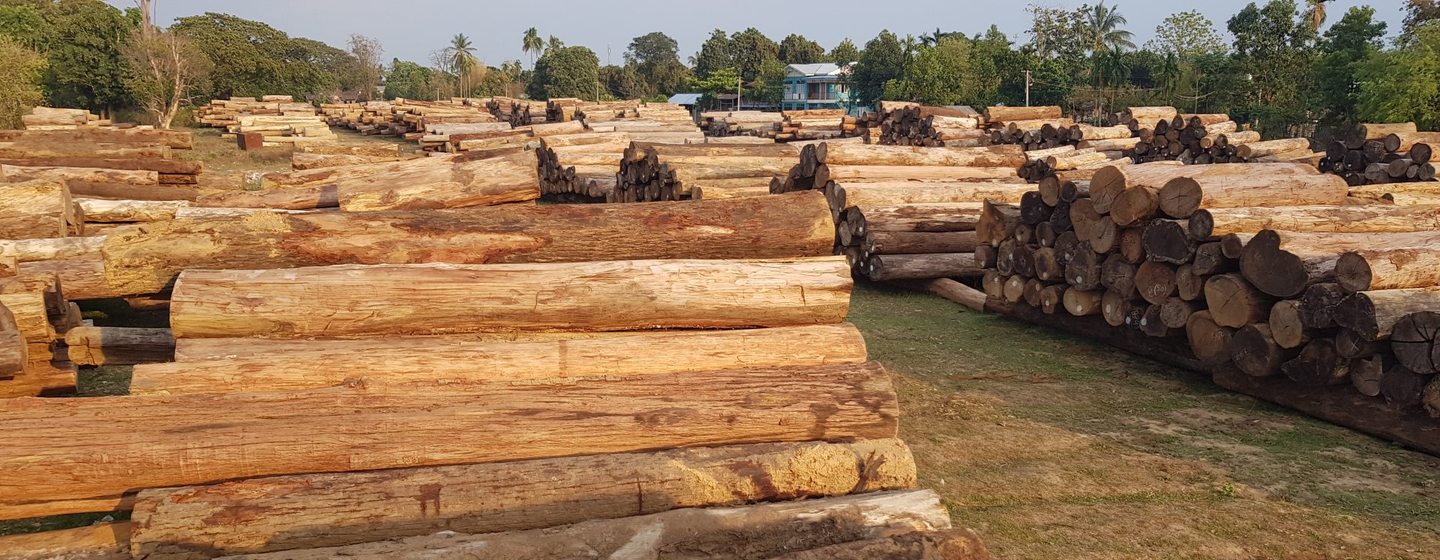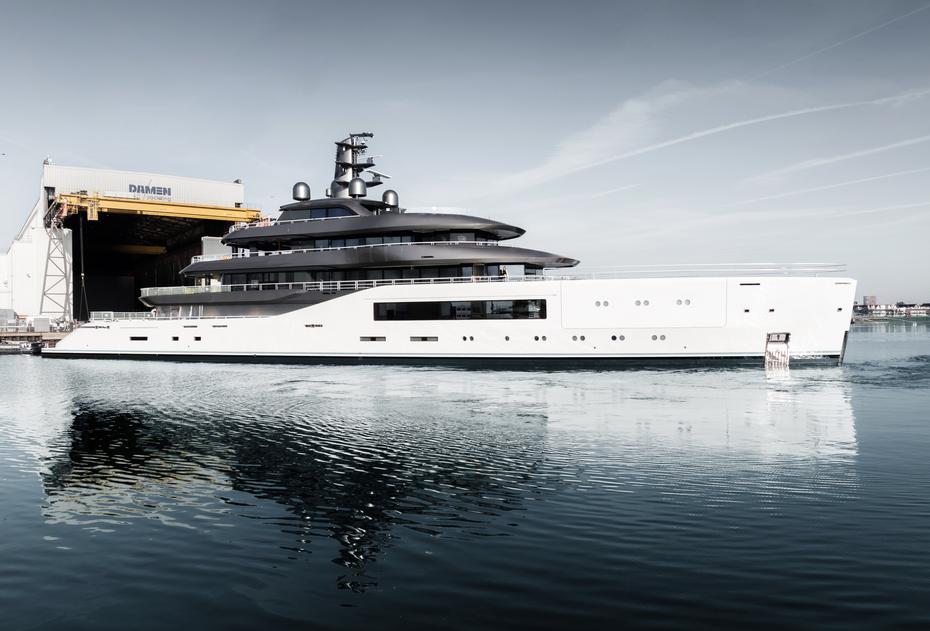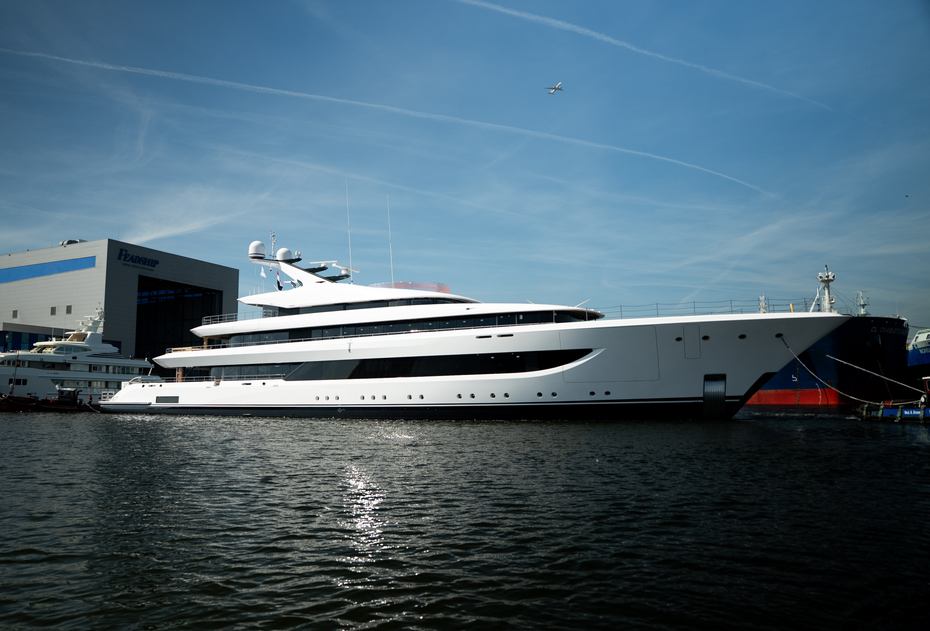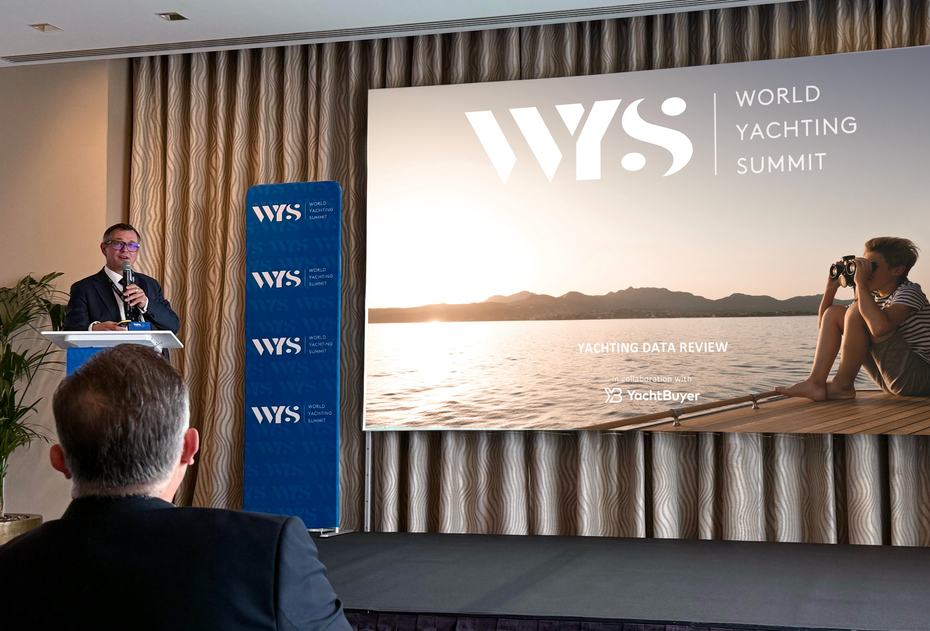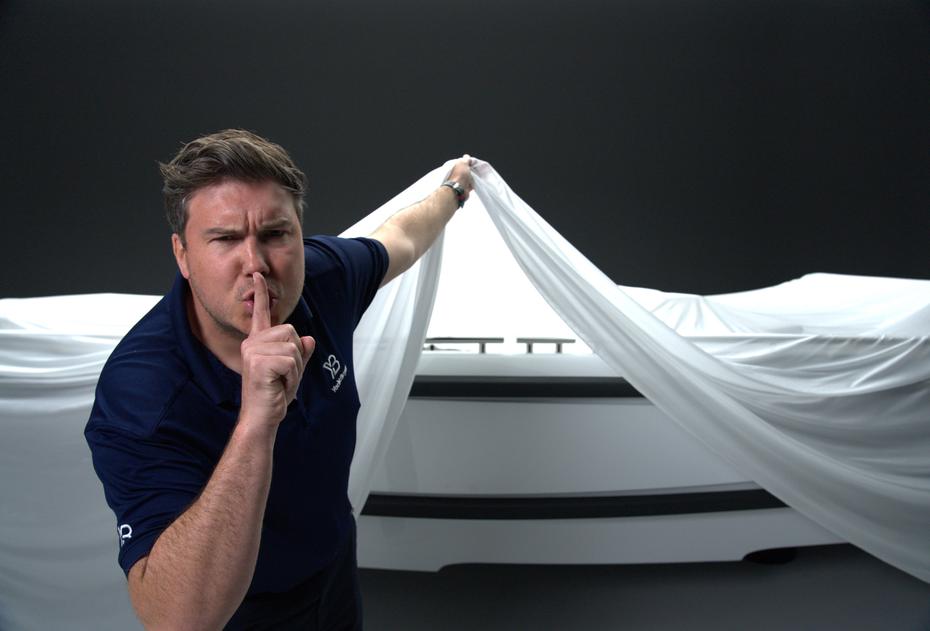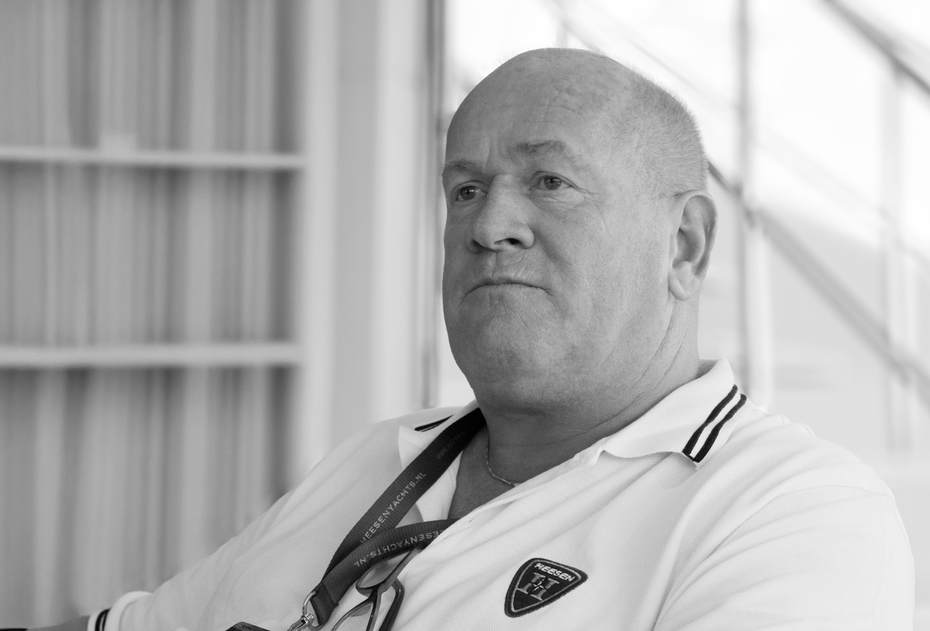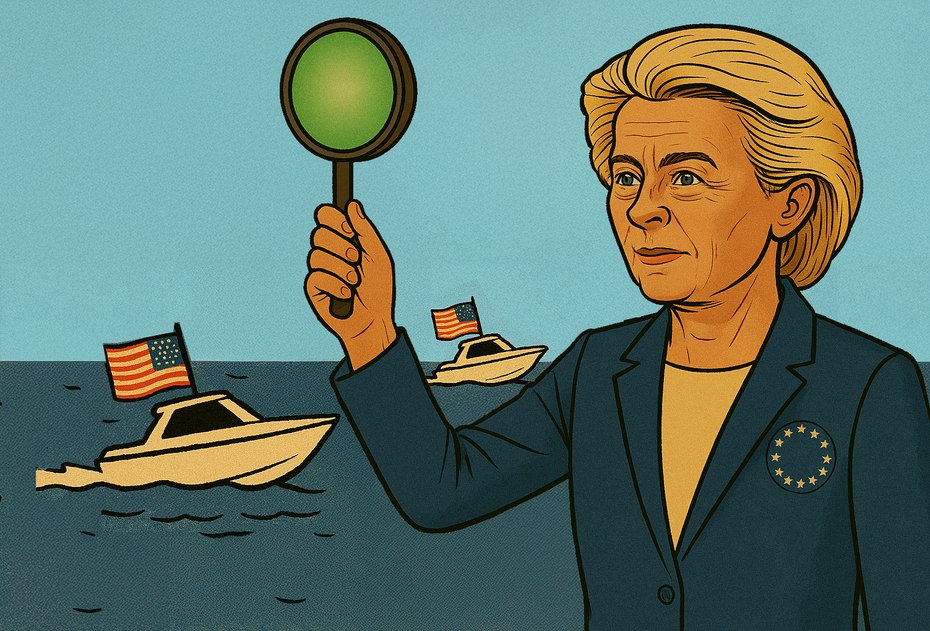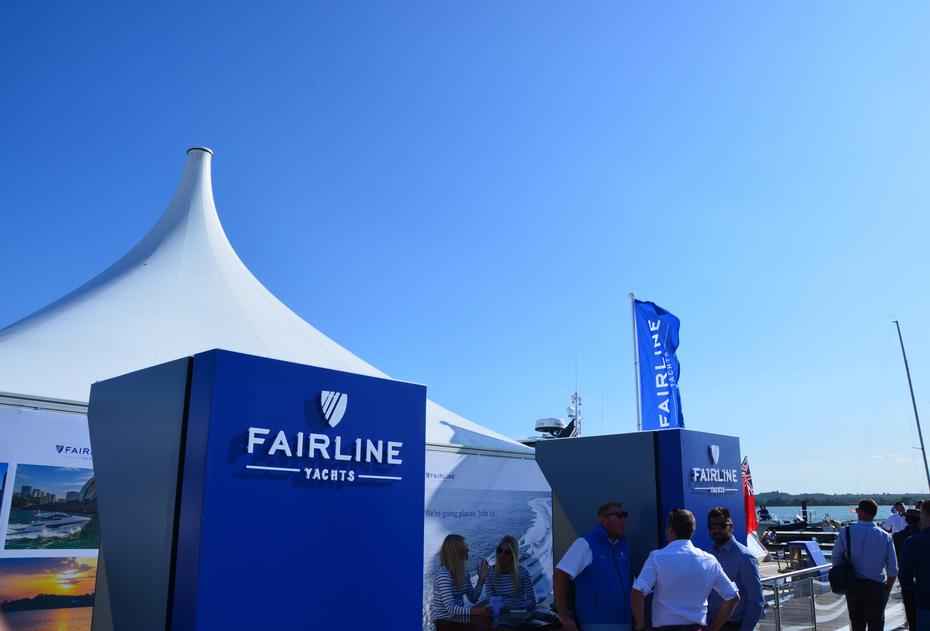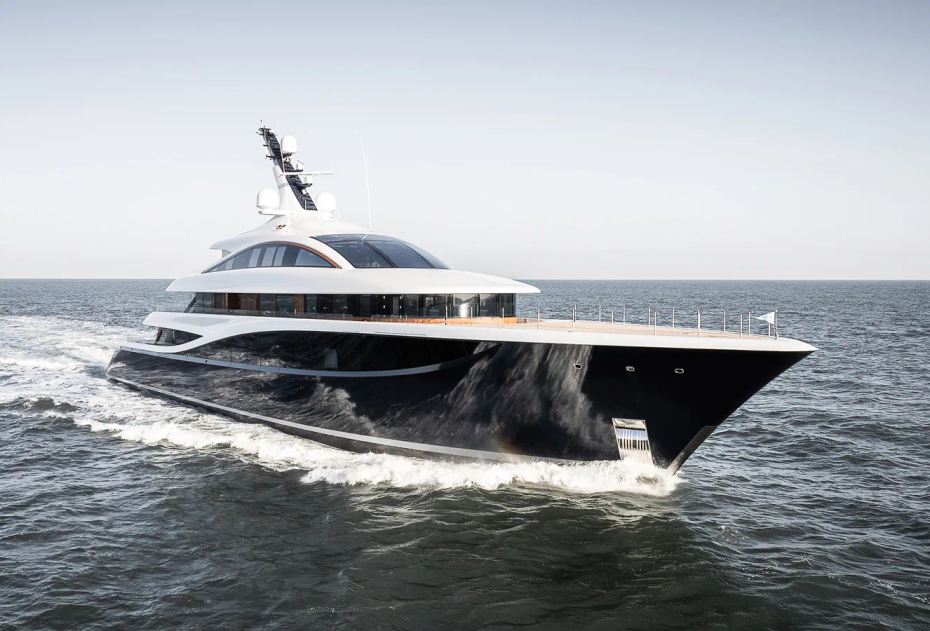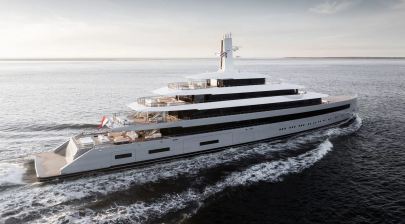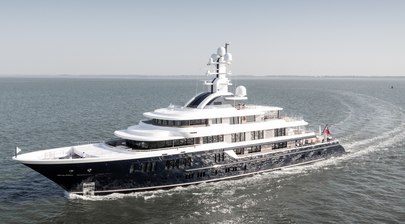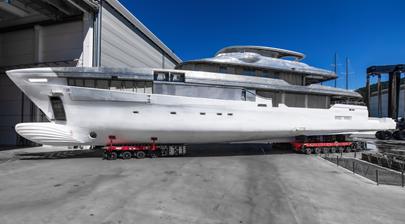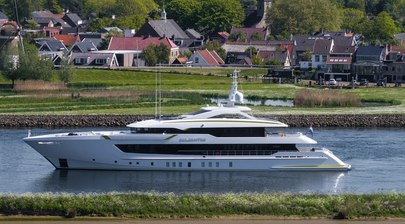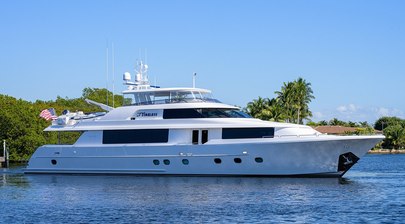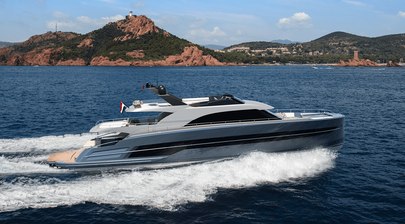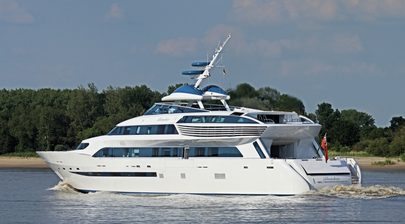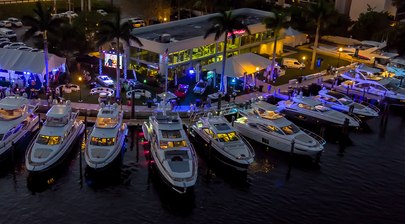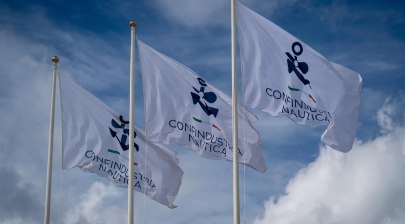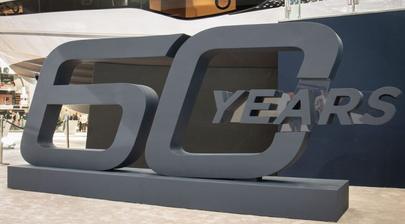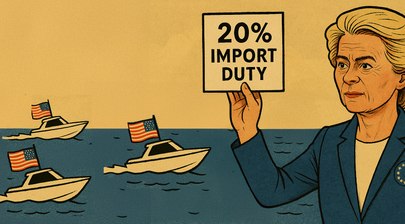The Poole-based yacht builder admitted to three charges, including failing to exercise due diligence and maintain proper records for timber market placement. These charges involved 11 specific timber imports, such as Myanmar teak, African wenge, and European oak, valued at over £60,000. Evidence indicated broader violations by Sunseeker.
Judge Jonathan Fuller KC called the company's regulatory compliance a "systemic failure." The Environmental Investigation Agency (EIA) warned Sunseeker about illegal teak risks in 2018. The court imposed a £240,000 fine, a nearly £67,000 confiscation order, and £51,000 in prosecution costs. The EIA, which uncovered Sunseeker's illegal teak use in 2018, praised the ruling as crucial in tackling the illegal timber trade.
This case changes that and should be used as the landmark it is for actually using these laws, with the appropriate penalties this crime deserves.
Since Myanmar's 2021 military coup, the ruling junta has financed its regime through timber exports, including teak. The Myanmar Timber Enterprise, managing these exports, faces sanctions from the EU, UK, and US, rendering Myanmar teak imports illegal.

Faith Doherty, EIA Forests Campaign Leader, remarked: "These sentences send a clear and unequivocal message to other luxury yacht manufacturers that using blood teak from conflict-torn Myanmar is totally unacceptable and will cost them dearly in the end."
This case underscores heightened environmental regulation enforcement in the luxury yacht industry. Doherty added: "This case should be a landmark for enforcing these laws and imposing appropriate penalties for environmental crimes."
In 2018, the Environmental Investigation Agency (EIA) reported Sunseeker's US distributors to the US Department of Justice. Investigations showed that teak, traded in violation of the EUTR, had entered the company's supply chains. The US Lacey Act prohibits importing goods that violate any foreign law concerning plant species.
From 2020, EU member state enforcement authorities agreed that conducting due diligence on the legal origin of Myanmar timber was impossible. Consequently, timber imports from Myanmar breached the EU Timber Regulation (EUTR).
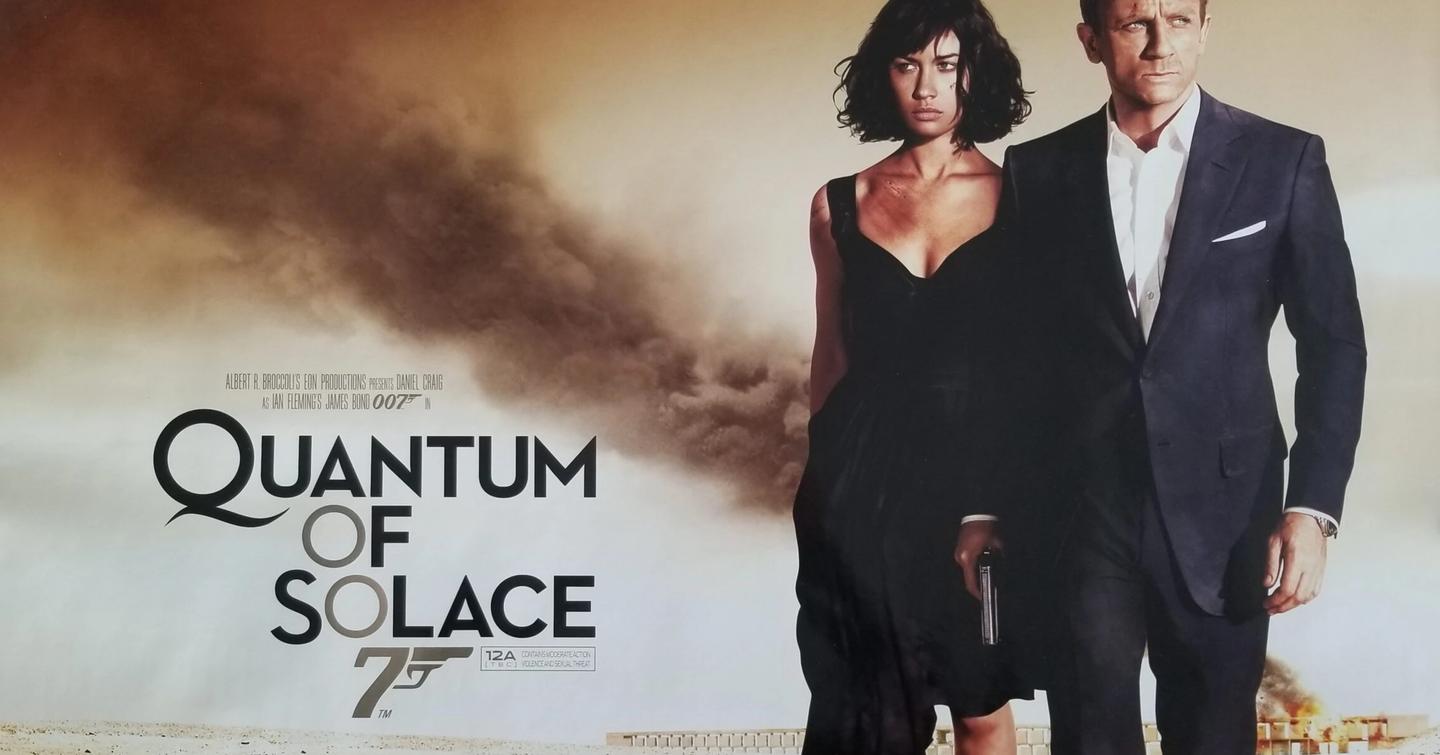
The firm, which employs 2,000 individuals, ranks among Dorset's largest employers. It constructs approximately 150 yachts annually, with the 40-metre Sunseeker 131 Yacht serving as the flagship model in its range. Sunseeker yachts have appeared in numerous James Bond films over the years, including a Sunseeker Superhawk 43 and a Sunseeker 37 Metre Yacht in the 2008 film Quantum of Solace.
Sunseeker is not the only yacht builder implicated in the use of illegally sourced teak. Princess Yachts International, another major British luxury yacht manufacturer, has also been associated with the use of Burmese teak traded in breach of the European Union Timber Regulation (EUTR), according to the Environmental Investigation Agency (EIA). Additionally, Dutch superyacht builder Oceanco has faced scrutiny from the Dutch newspaper NRC for utilizing teak from Myanmar. These cases highlight a broader issue within the yacht-building industry regarding the challenges of legally sourcing teak, a highly prized material for its durability and aesthetic appeal.
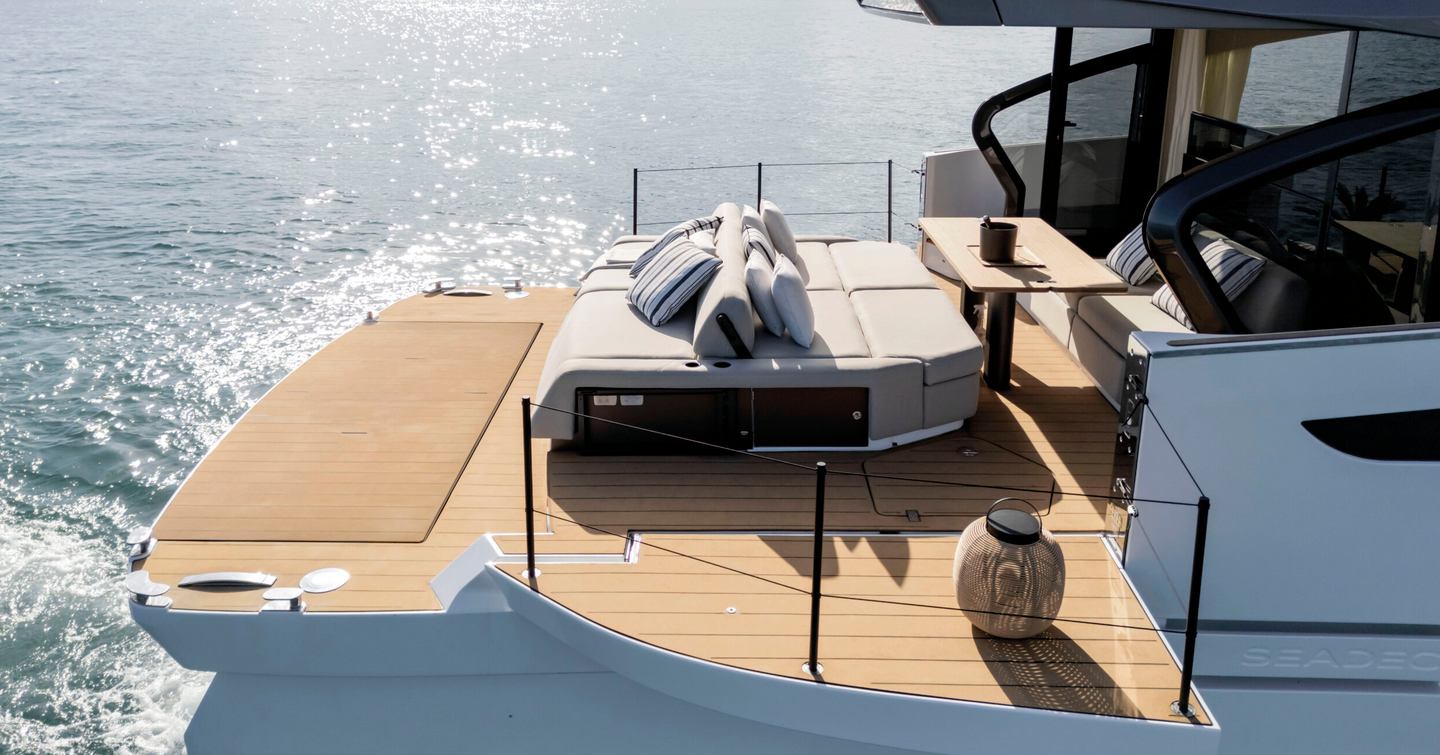
Some manufacturers are experimenting with alternatives to teak, including Azimut Yachts, which has introduced cork as part of its Seadeck range. Cork, harvested from the bark of cork oak trees, is a renewable and environmentally responsible material that offers excellent durability and a similar aesthetic to teak. By adopting cork Azimut aims to address concerns about the environmental impact of deforestation. This development reflects a broader trend in the yacht industry toward exploring sustainable materials.
